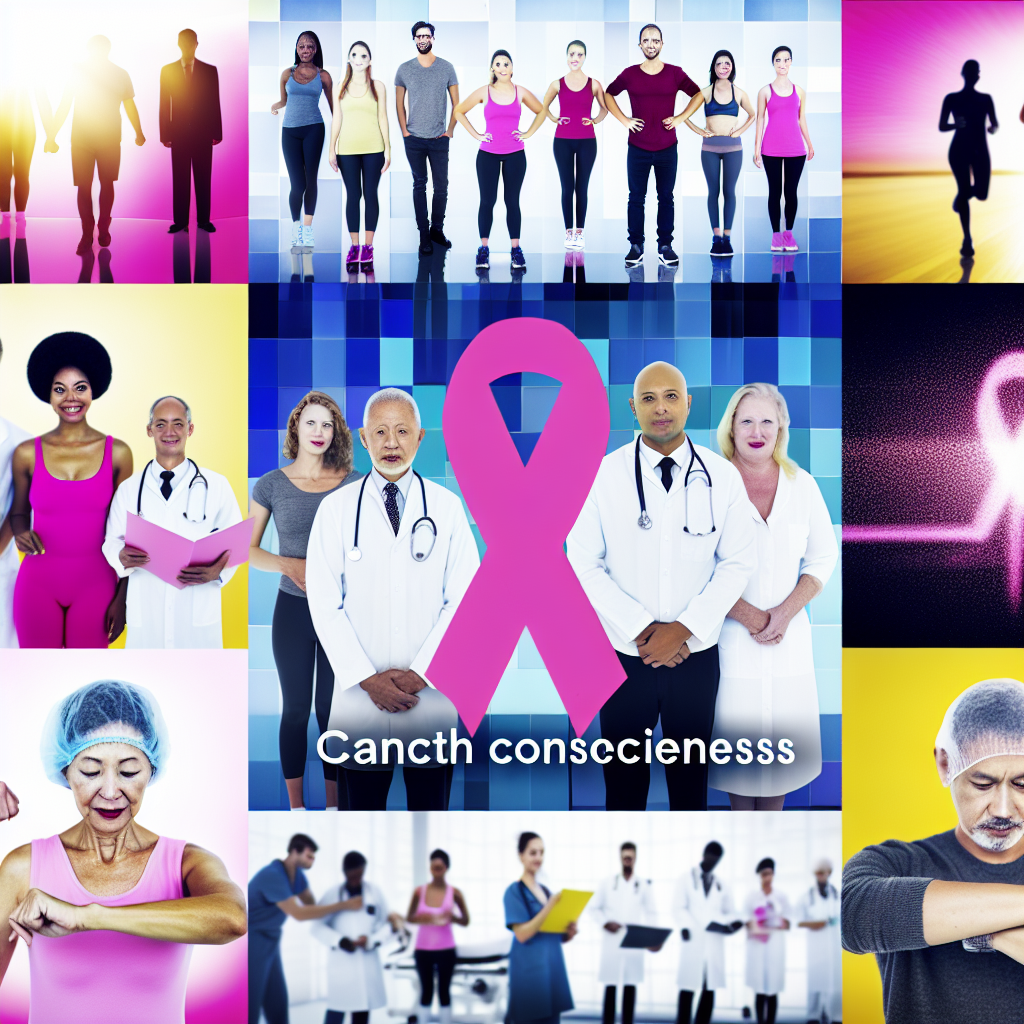Boost Health and Cancer Awareness: Prevention, Protection, and Cure
Cancer remains one of the most daunting health challenges of our time, claiming millions of lives every year. With increasing awareness, technological advancements, and our understanding of science, there are many ways to prevent, protect against, and cure cancer. This article delves deep into the essentials of cancer awareness, focusing on prevention, protection, and potential cures.
The Importance of Awareness
Cancer can affect anyone at any stage of life. Increased awareness empowers individuals with the knowledge to take proactive measures. By understanding the risk factors, recognizing the early signs, making lifestyle changes, and seeking timely medical advice, you can significantly reduce the incidence of cancer.
Prevention: Steps to Lower Your Risk
Regular Screenings and Check-Ups
One of the most effective ways to catch cancer early is through regular screenings and check-ups. Depending on your age, gender, and family history, healthcare providers recommend different screening tests such as mammograms, colonoscopies, and Pap smears. Early detection can lead to a higher chance of successful treatment.
Healthy Diet and Lifestyle Choices
Your daily choices have a profound impact on your overall health. To minimize cancer risk:
- Follow a balanced diet rich in fruits, vegetables, and whole grains.
- Limit intake of processed foods and red meat.
- Maintain a healthy weight through regular physical activity.
- Avoid excessive alcohol consumption and quit smoking.
- Stay hydrated and ensure adequate rest.
Sun Protection
Exposure to ultraviolet (UV) rays from the sun or tanning beds increases the risk of skin cancers such as melanoma. Protect yourself by:
- Using sunscreen with an SPF of at least 30.
- Wearing protective clothing, hats, and sunglasses.
- Seeking shade during peak sun hours (10 AM – 4 PM).
Protection: Reducing Your Exposure to Risk Factors
Tobacco Avoidance
Smoking is a leading cause of various cancers, including lung, mouth, throat, and bladder cancers. Stopping smoking or never starting it in the first place is one of the most effective protective measures.
- Utilize resources such as cessation programs and support groups.
- Consult with healthcare providers for medications or nicotine replacement therapies.
Environmental and Occupational Hazards
Long-term exposure to harmful chemicals and pollutants can elevate cancer risk. To protect yourself:
- Avoid using products with toxic chemicals (e.g., asbestos, formaldehyde).
- Wear protective gear if you work in hazardous conditions.
- Ensure proper ventilation in the workplace and home.
- Follow regulatory guidelines and recommendations related to carcinogenic substances.
Vaccinations
Certain cancers are linked to viral infections. For example, the human papillomavirus (HPV) can cause cervical and other types of cancer. Vaccination can protect against virus-related cancers:
- Get the HPV vaccine for prevention of cervical and other HPV-related cancers.
- Consider the hepatitis B vaccine to reduce the risk of liver cancer.
Cure: Modern Advances in Treatment
Innovative Medical Treatments
With advancements in medical science, a wide array of treatment options are now available. These are often personalized based on the individual’s type and stage of cancer:
- Surgery: Physical removal of tumors.
- Radiation Therapy: Using high-energy waves to kill or shrink cancer cells.
- Chemotherapy: Medications to target and kill fast-growing cancer cells.
- Immunotherapy: Boosting the body’s natural defenses to fight cancer.
- Targeted Therapy: Drugs that specifically target cancer cells without harming normal cells.
- Hormone Therapy: Blocking hormones that fuel certain cancers like breast and prostate cancer.
Clinical Trials and Research
Clinical trials play a crucial role in advancing cancer treatment. Participating in trials allows patients to access cutting-edge therapies and contribute to the development of future treatments:
- Consult with your healthcare provider to explore the eligibility for trials.
- Stay informed about new research and breakthroughs in cancer treatment.
Complementary and Integrative Medicine
Many patients find value in integrating complementary therapies with conventional treatments. These include:
- Acupuncture: To alleviate pain and stress.
- Yoga and Meditation: To improve mental well-being.
- Nutritional Counselling: To enhance overall health and strength.
Emotional Support and Care
Cancer not only affects the body but also takes a toll on mental health. It’s paramount to seek emotional support:
- Join support groups to connect with others facing similar challenges.
- Engage in counselling for mental and emotional well-being.
- Lean on family and friends for support and encouragement.
Conclusion
Awareness, prevention, protection, and early intervention can significantly mitigate the risks associated with cancer. By making informed lifestyle choices, staying vigilant with regular screenings, avoiding known risk factors, and embracing the latest in medical treatment, we can collectively tackle this global health challenge. Let’s commit to spreading awareness and fostering a proactive approach to safeguard our health and well-being.
“`










